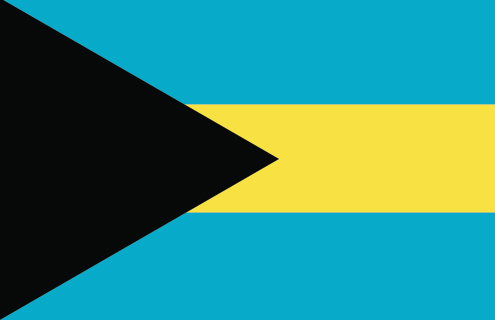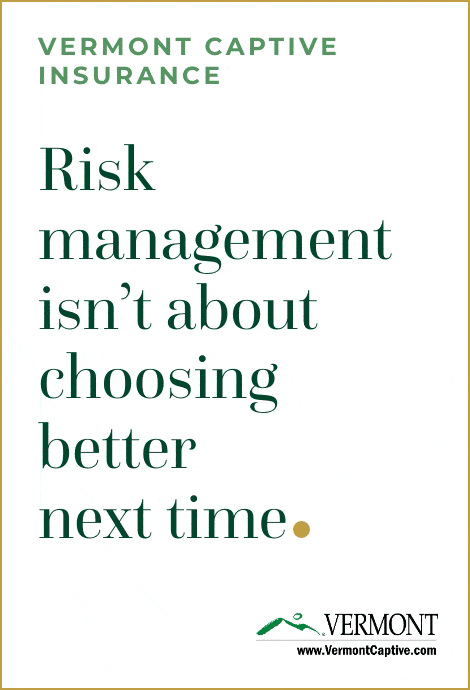Having re-emerged as a captive domicile, the Bahamas has managed to not only exceed expectations, but maintain exponential growth in recent years, Michele Fields reveals how
What is new for the Bahamas in terms of regulations, and is there anything on the horizon?
There have not been any recent changes in regulations with regard to captive insurance. Since its inception five years ago, the Insurance Commission of the Bahamas (ICB) has focused on developing a robust regulatory and supervisory regime, which is compliant with international best practices. We will continue to monitor emerging issues and best practices that might require new regulations or guidelines.
How supportive is the KB to captives in particular?
The insurance commission is very supportive of captive business. We have human resources dedicated to processing captive applications and ongoing captive supervision.
We remain current with international standards and best practices with respect to captive insurance sector supervision. Our staff attend international captive conferences to enable them to keep abreast of the developments and innovation in captive and alternative risks management solutions.
The commission also co-sponsors and participates in local conferences and information seminars with the Bahamas Financial Services Board and the Institute of Insurance of the Bahamas. Together with these partners, we offer scholarships for captive designations and education to local financial services sector industry participants.
What has changed for the domicile’s captive industry in the three years since you took the position?
The number of captives in the Bahamas has grown exponentially in the last few years, particularly in the area of cell captives. The ICB has licensed medium and small captives including investor and association captives.
With that growth, the experience of the supervisors at the ICB has been enriched and their knowledge base has been enhanced. Further, with the growth in business, more expertise is being developed among the service providers.
Has the captive industry been helped by the success of other financial services in the Bahamas?
The Bahamas is seeking ways to leverage the expertise in wealth management, trust and banking to further develop as a domicile for external insurance companies. We are seeing the expansion of synergies between the traditional financial services and the captive concept by individuals and organisations, both local and offshore.
Do you think, in terms of regulations, that the gap between offshore and onshore is closing?
As we move to risk based supervision it is less about offshore versus onshore, but more about the adequacy of the risk management and operational practices of the captive. While there are a few dynamics that perhaps play a role in the offshore and on-shore concept such as tax and exchange control policies, essentially all captives are insurance or alternative risk transfer vehicles that vary in nature, size, and complexity.
Is tax still a big factor in attracting business to the Bahamas?
There are no premium of corporate taxes levied on captive insurance companies licensed under the External Insurance Act. However, it is the complete package of features that the Bahamas boasts, which makes it attractive to external investors in general and captive mangers in particular. These include the expertise of the service providers throughout the financial sector including insurance, the well regulated and supervised financial sector, the professional culture and ease of doing business, the convenience of location, the lifestyle amenities and the reputation of the domicile.
How much has the impending Solvency II in Europe affected regulation in the Bahamas?
There have not been any recent changes in regulations with regard to captive insurance. Currently, the commission is not seeking Solvency II equivalency for its solvency and prudential regime—though this might be considered should there be a surge in business emanating from Europe. Our risk-based supervisory approach takes into account the size, nature and complexity of the insurer.
How profitable is the arrangement 831(b) for the domicile? Does still it bring in new business?
We are aware that many of our cell captives qualify for the 831(b) tax election. These and other captives have provided spin off income to local service providers such as resident representatives, lawyers, accountants and other related professionals.





